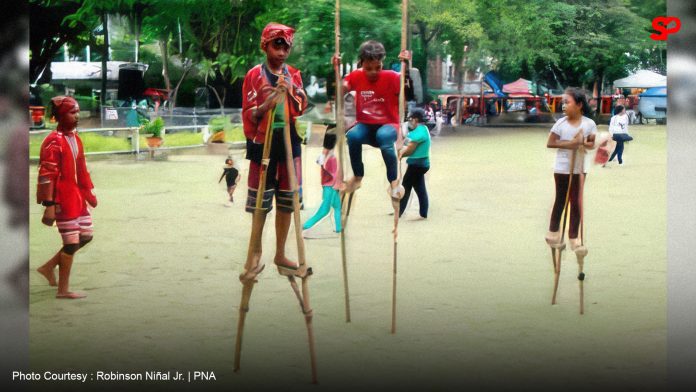MANILA – The Department of Health (DOH) and the National Commission on Indigenous Peoples (NCIP) have signed a memorandum of understanding (MOU) to improve the health and nutrition of indigenous peoples (IPs).
The MOU includes the Philippine Multisectoral Nutrition Project (PMNP), a program funded by the World Bank which aims to reduce stunting and malnutrition among children, particularly those living in far-flung areas or IP communities.
In a news release on Wednesday, the DOH said about 860, 000 IPs across 13 regions of the country are expected to benefit from the PMNP.
“Ang mga katutubo o IP communities ay kailangang naaabot ng mga serbisyo publikong naaayon sa kanilang kultura (The natives or IP communities must be reached by public services that are appropriate to their culture),” Health Secretary Teodoro Herbosa said.
“Kailangang masiguro ang kanilang kalusugan at access sa tamang nutrisyon, kahit na sila ay naninirahan sa malalayong lugar (Their health and access to right nutrition must be ensured despite their location),” he said.
Antenatal care is one of the services the IPs would receive. Under this, pregnant women and women in reproductive age group will be given iron and folic acid.
It will also promote the health and nutrition of mothers and children and strengthen the efforts concerning it in different communities.
NCIP Chairperson Jennifer Pia Sibug-Las said nutrition is important in the long-term development of indigenous cultural communities.
“Sa pamamagitan ng MOU na ito mas maitataguyod ang karapatan ng ating mga katutubo at kanilang katutubong pamayanan, lalo na ang karapatan nila na mabigyan ng natatanging serbisyo ukol sa nutrisyon na angkop sa kanilang katutubong kultura (The rights of IPs and their communities will be supported through this MOU, especially their right to nutrition services distinct to their culture),” she said.
The MOU prioritizes sensitivity to the IPs culture to ensure that their nutrition services are according to their beliefs, practices, customs, tradition, and institution.
It emphasizes the importance of getting free, prior, and informed consent from the IP communities as part of their participation in the project. (PNA)

